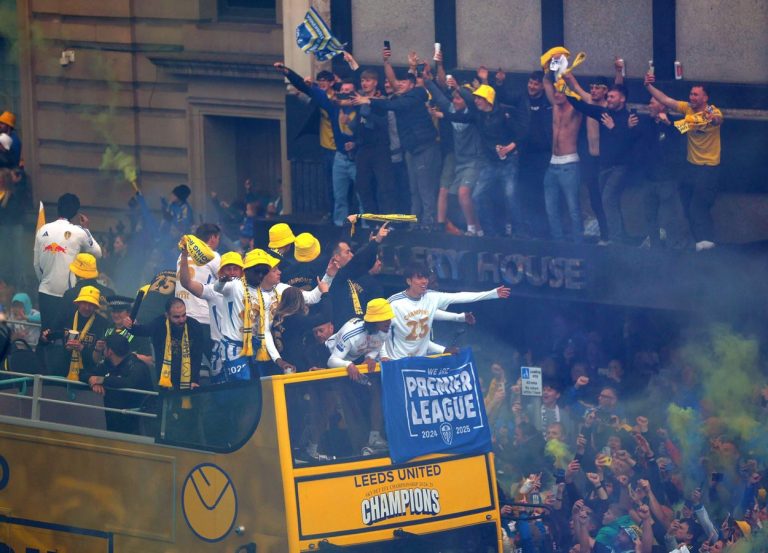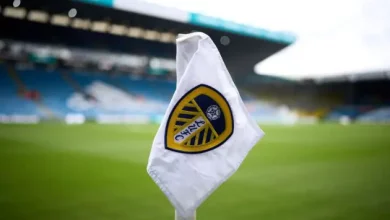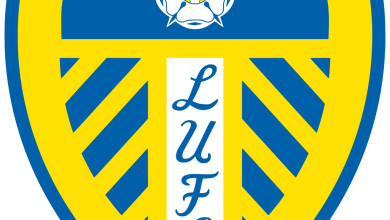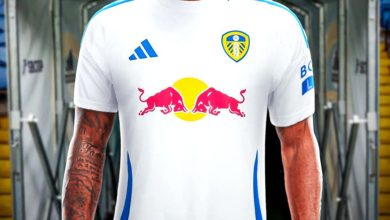Ranking the Best Managers in the History of 2025/26 Premier League Clubs
The 2025/26 Premier League features 20 clubs, each with a storied history shaped by legendary managers. Below, we rank the greatest managers for each club, including promoted sides Leeds United, Burnley, and Sheffield United, based on their achievements, influence, and lasting legacy.
1. Sir Alex Ferguson (Manchester United)
Ferguson’s 13 Premier League titles and two Champions Leagues in 26 years make him the greatest. His ability to rebuild dynasties defines United’s dominance.
Ferguson’s 13 Premier League titles and two Champions Leagues in 26 years make him the greatest. His ability to rebuild dynasties defines United’s dominance.
2. Arsène Wenger (Arsenal)
Wenger revolutionized Arsenal with three Premier League titles, including the 2003/04 Invincibles. His 22-year tenure brought style and stability.
Wenger revolutionized Arsenal with three Premier League titles, including the 2003/04 Invincibles. His 22-year tenure brought style and stability.
3. Pep Guardiola (Manchester City)
Guardiola’s eight Premier League titles in nine years (2016–2025) and tactical brilliance transformed City into a global powerhouse.
Guardiola’s eight Premier League titles in nine years (2016–2025) and tactical brilliance transformed City into a global powerhouse.
4. Jürgen Klopp (Liverpool)
Klopp’s 2019/20 Premier League and 2019 Champions League ended decades-long droughts. His high-pressing style and charisma made him a Liverpool icon.
Klopp’s 2019/20 Premier League and 2019 Champions League ended decades-long droughts. His high-pressing style and charisma made him a Liverpool icon.
5. José Mourinho (Chelsea)
Mourinho’s three Premier League titles (2004–06, 2014/15) and swagger established Chelsea’s golden era. His win rate remains unmatched.
Mourinho’s three Premier League titles (2004–06, 2014/15) and swagger established Chelsea’s golden era. His win rate remains unmatched.
6. Bill Nicholson (Tottenham Hotspur)
Nicholson led Spurs to the 1961 double and the 1963 Cup Winners’ Cup, the club’s only European trophy, cementing his legendary status.
Nicholson led Spurs to the 1961 double and the 1963 Cup Winners’ Cup, the club’s only European trophy, cementing his legendary status.
7. Howard Kendall (Everton)
Kendall’s two First Division titles (1984/85, 1986/87) and 1985 Cup Winners’ Cup made Everton a force in the 1980s.
Kendall’s two First Division titles (1984/85, 1986/87) and 1985 Cup Winners’ Cup made Everton a force in the 1980s.
8. George Graham (Aston Villa)
Graham’s 1981 First Division title and 1982 European Cup with Villa are monumental. His defensive nous delivered historic glory.
Graham’s 1981 First Division title and 1982 European Cup with Villa are monumental. His defensive nous delivered historic glory.
9. .Ron Greenwood (West Ham United)
Greenwood, managing West Ham from 1961–74, won the 1964 FA Cup and 1965 Cup Winners’ Cup, nurturing talents like Bobby Moore. His 13-year tenure laid foundations for West Ham’s identity.
10. Don Revie (Leeds United)
Revie’s two First Division titles (1968/69, 1973/74) and intense team-building made Leeds a feared force in the 1970s.
Revie’s two First Division titles (1968/69, 1973/74) and intense team-building made Leeds a feared force in the 1970s.
11. Kevin Keegan (Newcastle United)
Keegan, Newcastle’s greatest manager, led them to the 1992/93 First Division title and near-Premier League glory in 1995/96, finishing second with 24 wins and 66 goals [sports data: Newcastle 1995-96]. His attacking “Entertainers” philosophy, charisma, and promotion from the second tier revived a sleeping giant, making him a Tyneside legend despite no major trophies.
12. Herbert Chapman (Brighton & Hove Albion)
Chapman, who managed Brighton’s predecessor Huddersfield, won three First Division titles (1923–25). His tactical innovations shaped modern football.
Chapman, who managed Brighton’s predecessor Huddersfield, won three First Division titles (1923–25). His tactical innovations shaped modern football.
13. Stan Cullis (Wolverhampton Wanderers)
Cullis led Wolves to three First Division titles (1953/54, 1957/58, 1958/59), establishing them as a 1950s powerhouse.
Cullis led Wolves to three First Division titles (1953/54, 1957/58, 1958/59), establishing them as a 1950s powerhouse.
14. Brian Clough (Nottingham Forest)
Clough’s 1978 First Division title and back-to-back European Cups (1979, 1980) with Forest remain a footballing miracle.
Clough’s 1978 First Division title and back-to-back European Cups (1979, 1980) with Forest remain a footballing miracle.
15. John Lyall (Crystal Palace)
Lyall’s West Ham legacy (1975, 1980 FA Cups) outshines Palace’s managerial history, but his influence is notable in London football.
Lyall’s West Ham legacy (1975, 1980 FA Cups) outshines Palace’s managerial history, but his influence is notable in London football.
16. Sean Dyche (Burnley)
Dyche’s two promotions (2014, 2016) and 2017/18 Europa League qualification made Burnley competitive despite modest resources.
Dyche’s two promotions (2014, 2016) and 2017/18 Europa League qualification made Burnley competitive despite modest resources.
17. Dave Bassett (Sheffield United)
Bassett’s 1989/90 promotion and early 1990s top-flight stability laid the groundwork for Sheffield United’s modern identity.
Bassett’s 1989/90 promotion and early 1990s top-flight stability laid the groundwork for Sheffield United’s modern identity.
18. Thomas Frank (Brentford)
Frank’s 2021 promotion and consistent Premier League survival mark him as Brentford’s greatest, blending data-driven tactics with resilience.
Frank’s 2021 promotion and consistent Premier League survival mark him as Brentford’s greatest, blending data-driven tactics with resilience.
19. Eddie Howe (Bournemouth)
Howe’s 2015 promotion and five-year Premier League stint defied Bournemouth’s size, earning him cult status.
Howe’s 2015 promotion and five-year Premier League stint defied Bournemouth’s size, earning him cult status.
20. Roy Hodgson (Fulham)
Hodgson’s brief Palace stint (2017–21) ensured survival, but his broader career, including Fulham’s 2010 Europa League final, edges him in.
Hodgson’s brief Palace stint (2017–21) ensured survival, but his broader career, including Fulham’s 2010 Europa League final, edges him in.
This ranking reflects the monumental impact of these managers, from Ferguson’s unparalleled dominance to Frank’s modern miracles. Each club’s history owes much to their vision and success.
Word count: 498




